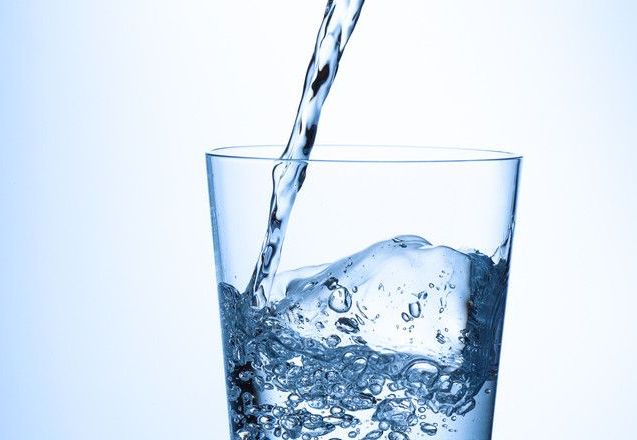Drinking Water Testing
Water supplied by the city is regulated and kept at healthy drinking levels. However, if you have your own well, ensuring the drinking water is safe for consumption is the homeowner's responsibility. Our laboratory checks for a wide variety of pollutants in your water. We are also able to provide an independent third party collection of drinking water for home sales. Whether you’re selling your house, or just moving in, have us test your drinking water to determine if it is safe before you or your family consume it.
Please Note: Our company does not provide nor sell any drinking water treatment systems. Results of testing can be used to speak with your local service providers to determine proper treatment options.
Call us today for drinking water test pricing and sampling fees at 218-846-1465

Importance of Testing
- Source of Drinking Water:
- Many households in rural or suburban areas rely on private wells for their drinking water supply.
- Protection of Health:
- Ensuring that well water is free from contaminants is vital for preventing health issues related to waterborne diseases.
- Common Contaminants:
- Bacteria and Pathogens: Such as E. coli and coliform bacteria.
- Nitrates and Nitrites: Commonly from agricultural runoff.
- Heavy Metals: Such as lead, arsenic, and iron.
- Volatile Organic Compounds (VOCs): From industrial or agricultural activities.
Testing Process
- Sampling:
- Collecting water samples from the well is the first step.
- Follow proper sampling procedures to ensure accurate results.
- Laboratory Analysis:
- Water samples are sent to a certified laboratory for comprehensive testing.
- Various parameters, including chemical, physical, and microbiological, are analyzed.
- Testing Parameters:
- Microbiological Testing: Checks for the presence of bacteria and pathogens.
- Chemical Analysis: Determines levels of contaminants like nitrates, heavy metals, and VOCs.
Mitigation and Remediation
- Water Treatment Systems:
- Installation of water treatment systems like filters or UV disinfection.
- Choosing the appropriate treatment method based on specific contaminants.
- Well Maintenance:
- Regular inspection and maintenance of the well to prevent contamination.
Compliance with Regulations
- Local Health Department Regulations:
- Compliance with local regulations regarding well construction, testing, and water quality.
- Educational Resources:
- Providing homeowners with information on well maintenance and testing.
